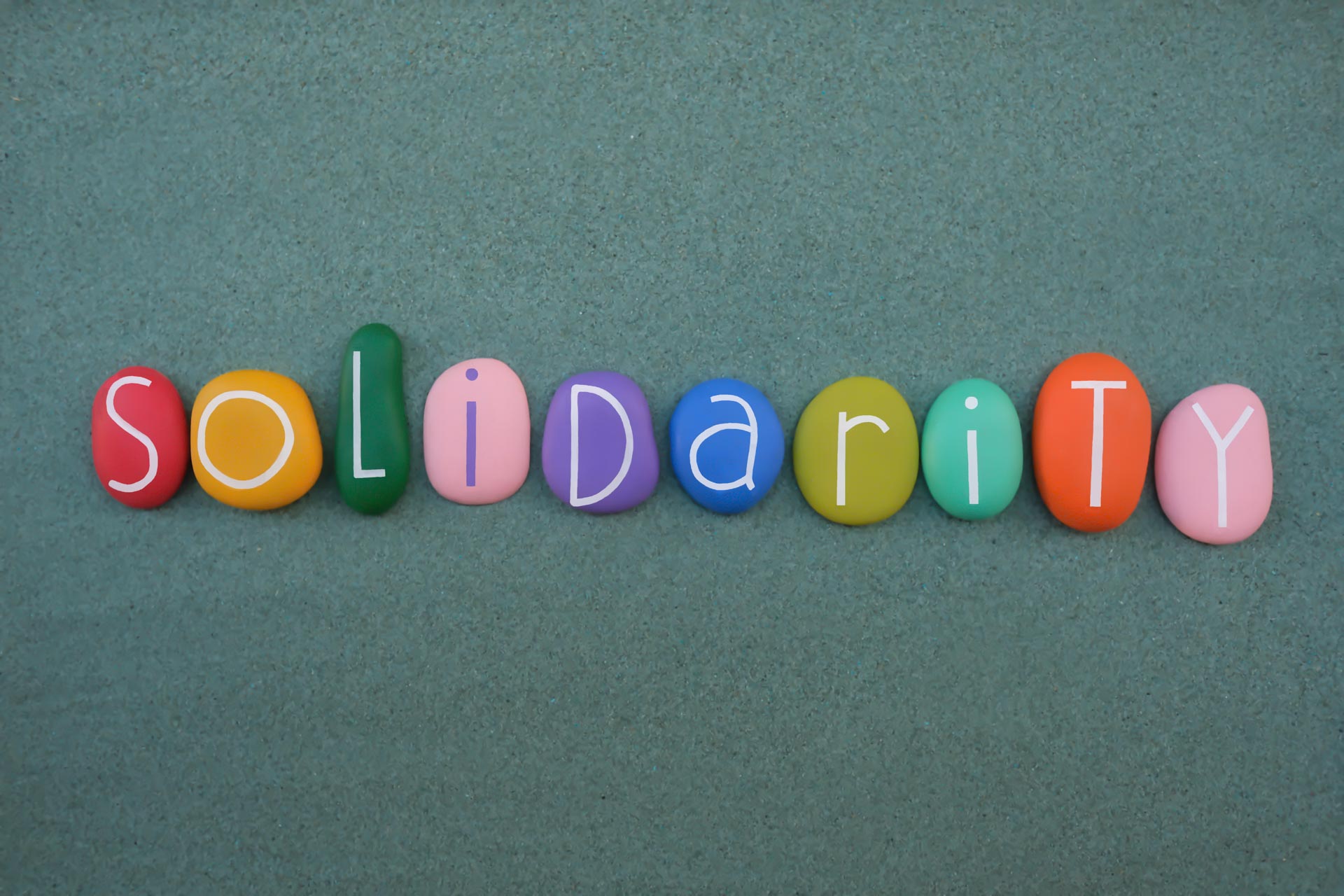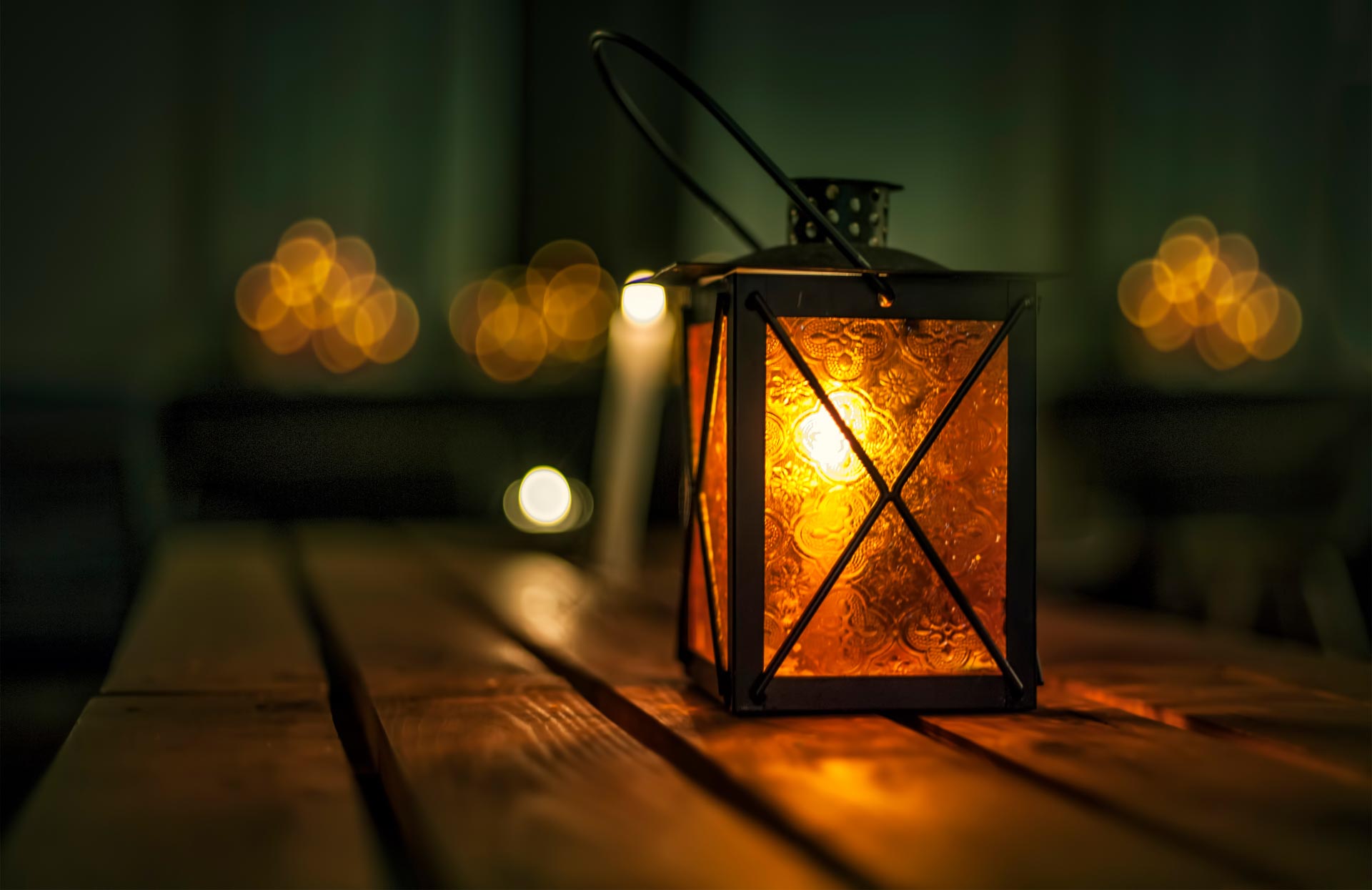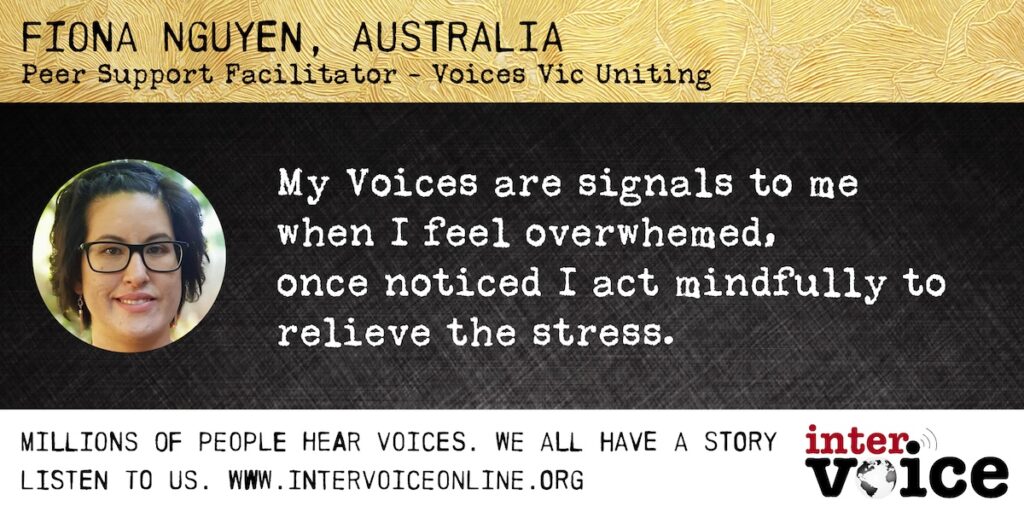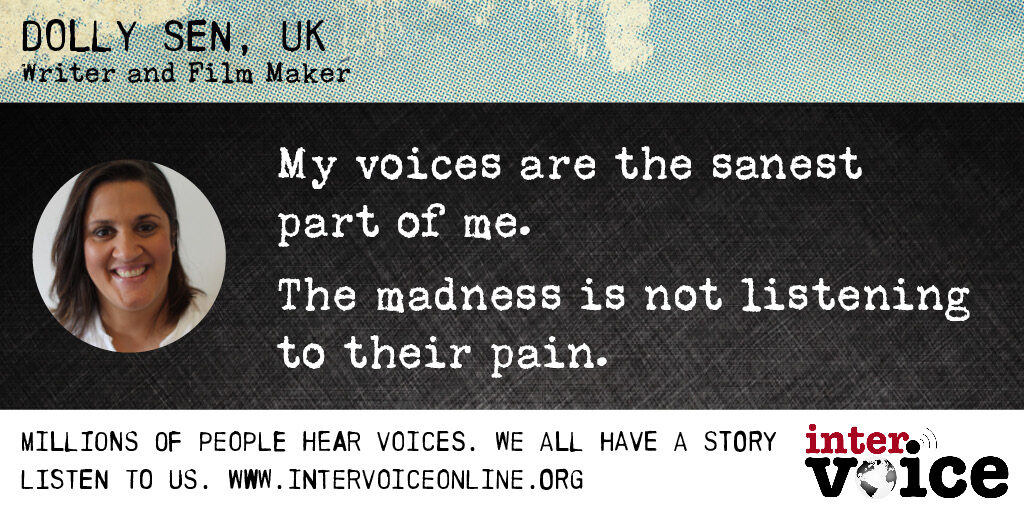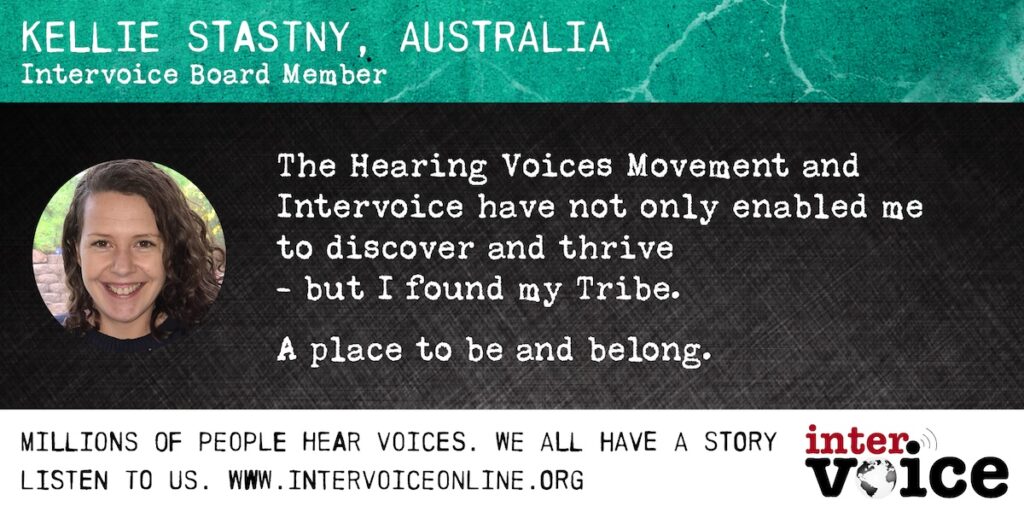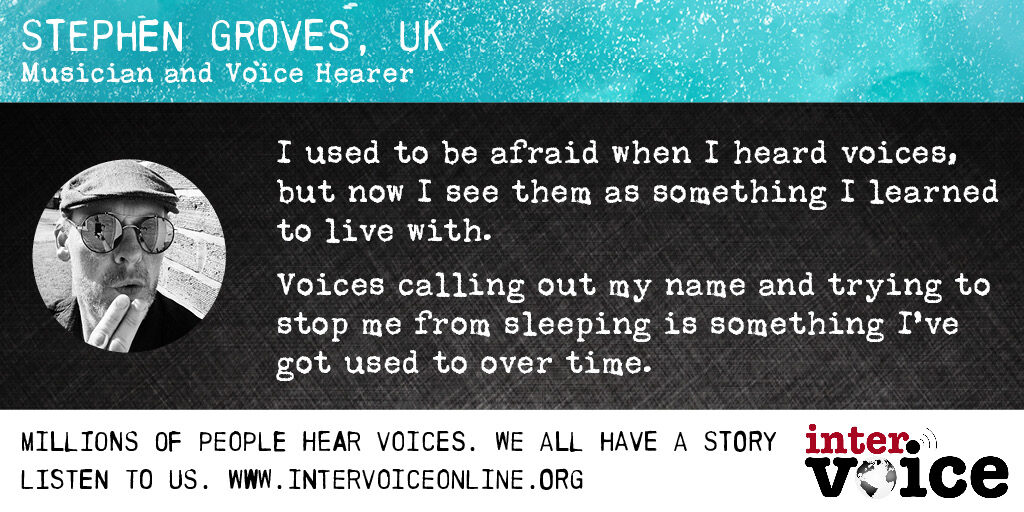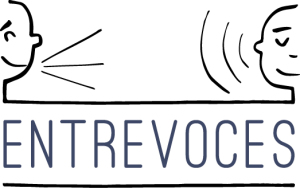 The 2015 World Hearing Voices Congress in Madrid is taking shape. This page shares some of the details of the congress (which is now fully booked).
The 2015 World Hearing Voices Congress in Madrid is taking shape. This page shares some of the details of the congress (which is now fully booked).
The following information is taken from the Congress Website – www.entrevoces.org. If you wish to contact the organisers directly, e-mail [email protected].
Please note: There has been an overwhelming response to the congress and the organisers have released a statement informing us that the 400 places available have now all been booked. Registration is closed, and they are running a waiting list on a strict first-come-first-served basis. This is exciting news, but we also acknowledge that it is sad that there are people who want to join us in Madrid but are unable to get a place. We hope to see you at the congress next year.
7th Hearing Voices World Congress and Intervoice Meeting
When?: The Intervoice meeting will take place on 5th November (details to be announced). The congress will take place between November 6th-7th, 2015
Where?: Alcalá de Henares, Madrid, Spain. Alcalá de Henares is a city located in the Community of Madrid, World Heritage by UNESCO since 1998. Famous for its university, founded in 1499, their motto is “City of Knowledge”. Its urban center is particularly attractive, full of historic buildings and pedestrian streets. It is also the town where Cervantes, the writer who was able to criticize the society of his time through the clear look of the most famous literary mad, Don Quixote, was born. Entrevoces want to join this beautiful paradox, contributing to the understanding of mental suffering and critically examining the society in which we live. Currently we are developing the program of presentations and workshops that will make up the two-day conference.
Accommodation: The congress organisers have arranged a special deal with a number of hotels and hostels near the congress venue. See the following website for a comprehensive list: http://entrevoces.org/en_GB/alojamiento/?lang=en_GB
Building on our common experience, building a world in common
Two central ideas and a personal bet as to how to confront mental distress. Two lines that work in parallel and that enjoy intersecting every once in a while. A grouping of words that attempt to represent an infinity of meanings, as well as transmit a message in the most honest and clearest way possible. This motto isn’t a marketing tool, as we have nothing to sell, or money to be gained. It is, first and foremost, a declaration of intent.
Mental health is not a remote island living on the margins of reality. These paragraphs are written within Spain, a territory situated in Southern Europe, and currently submerged in a devastating social and economic crisis. In order to think about mental health, we must situate ourselves in a particular context, both globally and locally. If we perceive an individual’s pain as an isolated issue, we will find ourselves validating a world which we already know and in which many of us have become ill or crazy. A world in which there are private solutions being offered for collective problems; a world where each must fend for his own within this late capitalist mentality we inhabit.
We must begin by acknowledging the evident: we are immersed in scarcity. Increasingly, there are more aspects of everyday life that we, as individuals, can no longer control. This scarcity is not only material, but also emotional. It separates us and sabotages our attempts at communication. There is a direct link between the construction of neighborhoods without town squares, where neighbors can come together, and the fact that psychiatric practices have become pharmaceutical vending machines. This is a sign of our times, a time where no one listens to one another, and furthermore, where this lack of communication is deemed normal and natural. Scarcity leads us into fragility, into a position that reinforces domination and legitimizes resignation. That is how the future is dealt to us, with no way out, determining that everything will eternally stay exactly the same. And everything means everything: our diagnosis, our job, our very existence.
In order to combat this prognosis, our stance is defined by resistance. We do not accept this scenario and we construct strategies in order to escape it, or rather, dismantle it. We do not have a magic recipe, nor do we trust those who say they do. We simply believe that in a historic moment like the one we live in, it is necessary to revindicate the collective task at hand and the creation of solid and horizontal community networks. We must reinvent channels and spaces that facilitate communication, connecting psychological suffering with an individual’s life story, and sharing the need to communicate as equals. We must defend ourselves from the pharmaceutical industry’s suffocating grip and begin to articulate situations and projects where we may shake off this general impotence and where it becomes possible to think and create new realities.
Our deepest hope is that this Seventh World Hearing Voices Congress will be a part of this change. One more step amongst many in order to walk down new pathways, so that people reconnect with each other and become aware of our capacity to create knowledge and transform the world that we all hold and which is taken from us day by day. Our future and our wellness are and will be a collective task. If we do not acknowledge this, we won’t have a future worth heading towards.
The hell of living people is not something to come; if there is one, it is here already, it’s the hell we live in every day, which we form staying together. There are two ways not to suffer from it. The first comes easy to many: to accept hell and become part of it, to the point you don’t see it anymore. The second is risky and requires continuous attention and learning: to look for and recognize who and what, in the middle of hell, is not hell, and to make it last, and give it space.
Italo Calvino. Invisible Cities.
Provisional Programme
For up to date details of the programme, please see the congress website: www.entrevoces.org
Plenary sessions
During the morning of the 6th and 7th plenary sessions will be hold with simultaneous interpreting where speakers will share inspiring ideas aimed to open a debate with all those attending. Some of the speakers for the plenary sessions are:
Robert Whitaker, journalist and publisher of Mad in America. His work focuses on research about the dissemination of psychiatric labelsand how mental health industry works. He shares his research trough articles, books and talks all around the world.
Carina Håkansson is a founding member of Family Care Foundation in Göteborg, Sweden, a project that has been demonstrating for almost 20 years that is possible to help, in the community, individuals and human groups which are going though intense crisis situations. She is interested on recovering knowledge from ‘day to day life’ and to understand why it is missing in professional settings.
Will Hall is a founding member and activist of diverse community organisations, promoting mental health alternatives and mutual aid. He uses his own healing experience in order to help others to go through their own personal process. He is actively involved in creating other ways of understanding ‘Madness’, without defining it with diagnostic labels.
Ángel Martínez Hernáez is an anthropologist and researcher of the cultural significance of mental health, care practices and the effect of all these factors on people and their way of self-perception and being. He is a Medical Anthropology lecturer at the RoviraiVirgili University in Tarragona,
Assumpció Pié is interested in the construction of social diversity and its political management. She has a background as a Social Pedagogue and develops an activist practice in order to create mobilisation spaces, gathering and social change. Her work as a lecturer is aimed to wake up a new sensibility that helps to us to understand social reality from other parameters.
Fernando Alonso is an Entrevoces member and, for long time, participates in many other spaces where he shares strategies in order to affront psychic distress from common settings. Survivor of the mental health system, activist and focused on the relationships that psychic suffering and social context produce.
Sascha Altman DuBrul & Martín Téllez met few years ago using the Icarus Project Network, a Mutual Aid community and multimedia project co-founded by Sascha, that is determined to build a new language and culture, outside of the medical model, and to make sense of unusual states of mind and experiences commonly known as mental illness. They advocate diversity, harm reduction and self-determination, and are passionate about building on the right of each person to chose the path of self care, and to help others in developing their Dangerous Gifts, their own Mad narratives and creating the potential for social transformation from madness.
Workshops
The afternoon of both congress days will be dedicated to practical workshops addressed to smaller groups of people. These workshops come from the proposals of participation that we have been receiving and they are currently considered by a groups of people with experience in the mental health services, either because they have been diagnosed or because some professional connection with them. Each participant to the congress should chose two workshops each day from all the options available each afternoon. There will be a total of 20 workshops.


